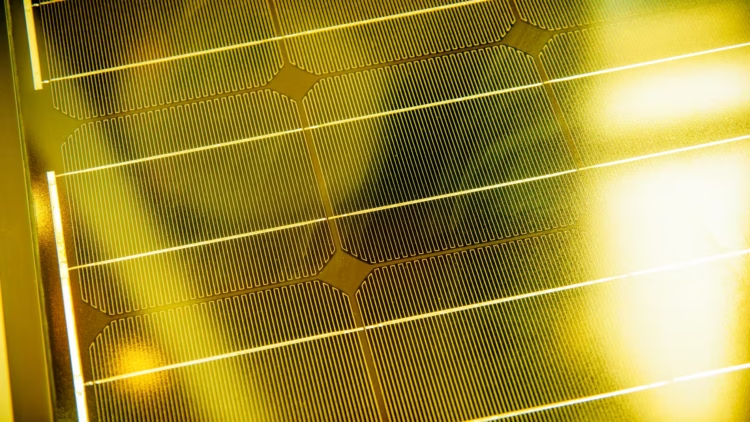Croatia’s energy landscape just got a massive boost that nobody saw coming. The European Bank for Reconstruction and Development dropped €16.8 million into IE-Energy Projekt, a fresh company that’s building something pretty revolutionary in Šibenik. We’re talking about Croatia’s first large-scale battery storage system paired with a virtual power plant—tech that’ll completely reshape how the country handles renewable energy integration and grid stability.
Croatian Energy Infrastructure – Groundbreaking EBRD Investment
This is not merely an instance of another energy project that’s renewable; it’s actually Croatia’s first foray into the world of battery energy storage. The EBRD will contribute directly through equity investment, amounting to a maximum of 16.8 million euros, for IE-Energy Projekt, a new joint-stock company that focuses on designing and developing new BESS and VPP networks in Šibenik. This marks EBRD’s first equity investment in a Merchant Battery Energy Storage System.
The structure of the financing also has interesting twists when analyzed in depth. The Raiffeisen Mandatory and Voluntary Pension Funds, a major institutional investor in Croatia, is contributing an equity investment that matches EBRD’s commitment amount, amounting to the same amount of €16.8 million. Also, the EU Modernisation Fund will contribute to capex grants amounting to €16.5 million.
Virtual power plant technology enables real-time grid balancing
The project will enable the commissioning of up to 60 megawatts of grid-connected batteries, along with the use of a VPP system that enables the balance of electricity supply and demand in real time. This will allow for greater flexibility in the Croatian power system, making it easier to integrate higher levels of intermittent energy sources such as solar and wind.
Energy storage system improves integration of renewables for Croatia
EBRD invests €16.8 million in Croatian battery and virtual power plant firm representing Croatia’s first serious attempt at solving the intermittency problem that’s been plaguing renewable energy adoption across the Balkans. The 60-megawatt capacity might sound modest, but it’s perfectly sized to demonstrate how battery storage can stabilize grids during peak renewable generation periods.
Through the financial support for such an innovative project, EBRD is contributing to the process of Croatian decarbonization and energy independence, in a way that can only partially be achieved through other, more traditional, sources such as renewable energy. This project will, along with contributing to energy transition, help reduce the dependency on fossil fuels and improve the stability of the electricity market, particularly when intermittent resources become more significantly integrated.
EBRD commitment reflects confidence in Croatian energy transition
The funding reflects EBRD’s strong commitment to innovation in the areas of renewable energy and smart grid, contributing to the effort that will enable countries such as Croatia to shift from fossil fuels to more efficient and stable energy supplies. This investment represents a significant milestone for the Republic of Croatia in its support for the innovation that will enhance the resilience of its energy grid.
The EBRD has so far invested well over €5 billion in a total of 273 investment projects in Croatia, and its efforts are directed at facilitating the adoption and optimization of European Union accession benefits that can drive the transition process forward. This specific investment effort, therefore, signifies the bank’s strategic shift in favor of innovation in energy storage, thereby facilitating access to additional renewable energy resources.
Croatia’s foray into cutting-edge energy storage solutions is more than innovation because it signifies a marked future vision for energy autonomy in the European Union. With the EBRD’s support and cutting-edge virtual power plants, such a project can set the model for how smaller EU states respond to the challenge posed by integrating renewable energy resources. Such a success will not only make the Balkans sit up and take notice, but it will also spark a whole wave of innovation.


